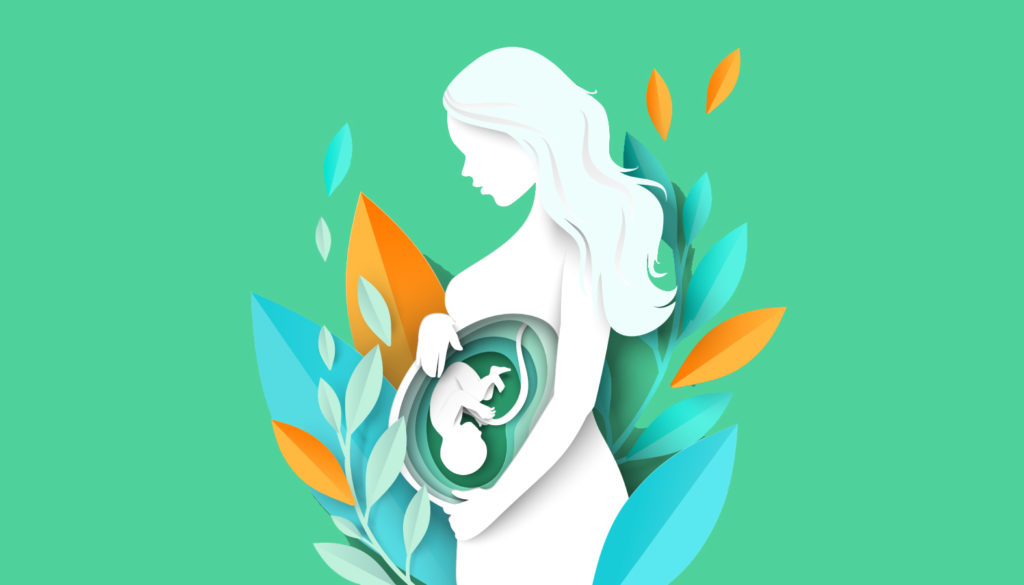Mother’s Day may have sped by us on the calendar, but thanks to graduation season and a certain NFL player who gave a speech at a certain Catholic college, moms and motherhood are still making news.
This is not about the player, or the culture’s mainly visceral reaction to him. It is about moms.
I spend a lot of time and ink warning and worrying about the undue influence social media has on the culture at large, but it is precisely thanks to social media I have found something pretty amazing about moms and motherhood. What I found is fetal microchimerism. That is a $15 word, and since I was issued only a $2 brain, I am grateful the terminology is easier to comprehend than it is to pronounce.
Fetal microchimerism is a medical condition that only affects mothers. Research is relatively new, and continues, but what medical science has currently established, and what little minds like mine can comprehend, is nothing short of awe-inspiring.
Research shows that women who have given birth carry in their bodies cells that are not their own. These are actually intact and functioning cells of the babies these women carried in their wombs. The immediate aftermath of the discovery caused doctors and researchers grave concern. After all, a cell that does not belong to you is a kind of intruder. Simple scientific hypothesizing would point to believing that a foreign body within a person would be a medical threat.
It may eventually be proven to be a deficit, but what has been discovered so far is just the opposite. A 2015 synopsis of research done at the prestigious Children’s Hospital in Los Angeles revealed that “some fetal cells that go to the maternal heart become cardiac cells and appear to function alongside the cardiac cells of the mother’s heart.”
So, a baby’s cells cozy themselves next to their mom’s heart. Does it get better than that? It does.
The same research has found evidence supporting the premise that these cells may even have a curative function for moms. Apparently, concentration of fetal cells has been shown to congregate around problem areas in a woman’s body, such as cancerous tumors where they seem to be fighting the cancer. The research is not complete, but what we know so far is both a medical marvel and a spiritual exercise.
I would never have learned of this amazing medical fact if I had not seen a Youtube broadcast of a sermon by Father Donald Calloway.
This sermon was hovering in the social media ether, just waiting for my computer’s analytics to send it my way. For that I am grateful. I am also grateful for the way this priest presented another element of this discovery. When research commenced, there was a population group that did not fit the model. Women who claimed to never have been mothers still had fetal cells in their bodies.
This medical enigma had a simple and sad resolution. These “childless” women had terminated their pregnancies, or had lost their babies through miscarriage. The priest on the video ruminated, and I sat slightly dumbfounded, thinking that a woman who may have had an abortion could have her heart restored by the cells of the child she believed was unwanted. What an example of forgiveness and God’s design.
When he spoke of women who miscarried naturally, I thought of my own mom and the sorrow she carried over the loss of a baby in the early stages of pregnancy. I wish she was still with us so I could share this information that the baby she thought was gone was with her all along. I guess now she knows that anyway. Then I thought how miraculous, or what a cross it must have been to bear, for her to carry the additional baggage of cells from 10 (11 if we count the lamb she lost) for the remainder of her life. She, like all moms, carried us in so many different ways as well.
Finally, the priest spoke eloquently about how this natural human trait could have had supernatural consequences for our own heavenly mother. I will leave that spiritual speculation to greater minds than my own, but one thing is clear, if we “follow the science,” every day is Mother’s Day.

